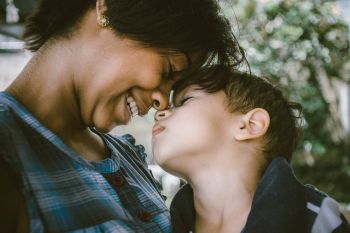How to Recover When Your ADHD Makes You Put Your Foot in Your Mouth: A Complete Recovery Guide
The impulsivity and emotional dysregulation that often accompany ADHD can lead to social missteps that leave you cringing and wondering how to repair the damage. While these moments feel overwhelming, there are proven strategies to not only fix the immediate situation but also build better social awareness for the future.









